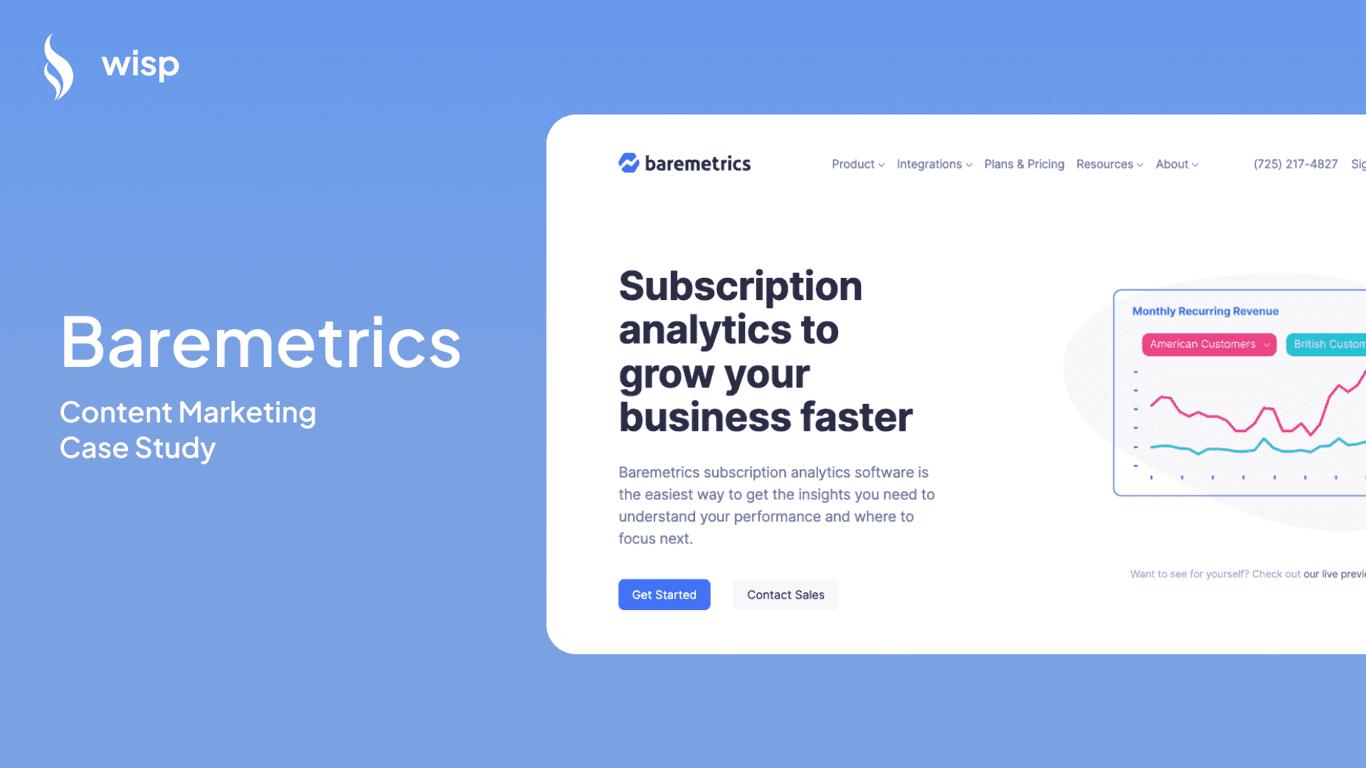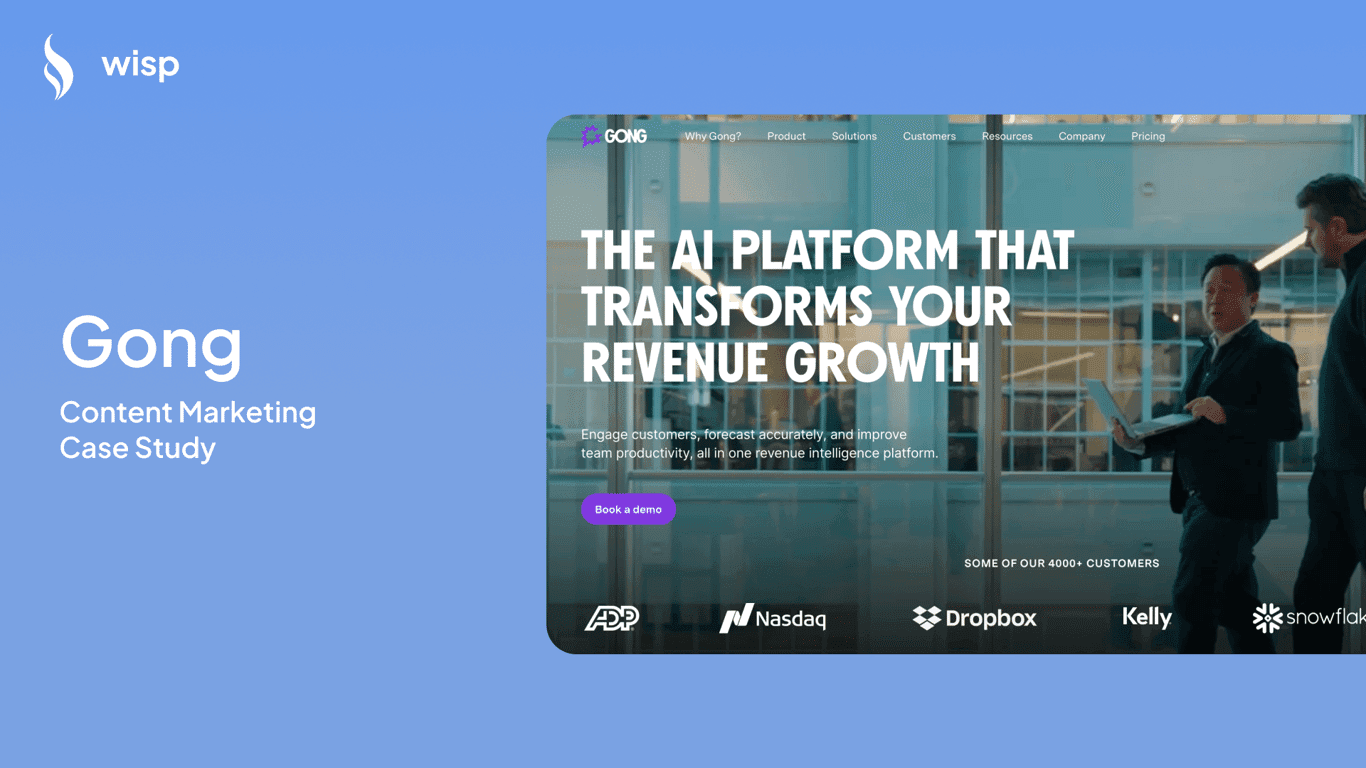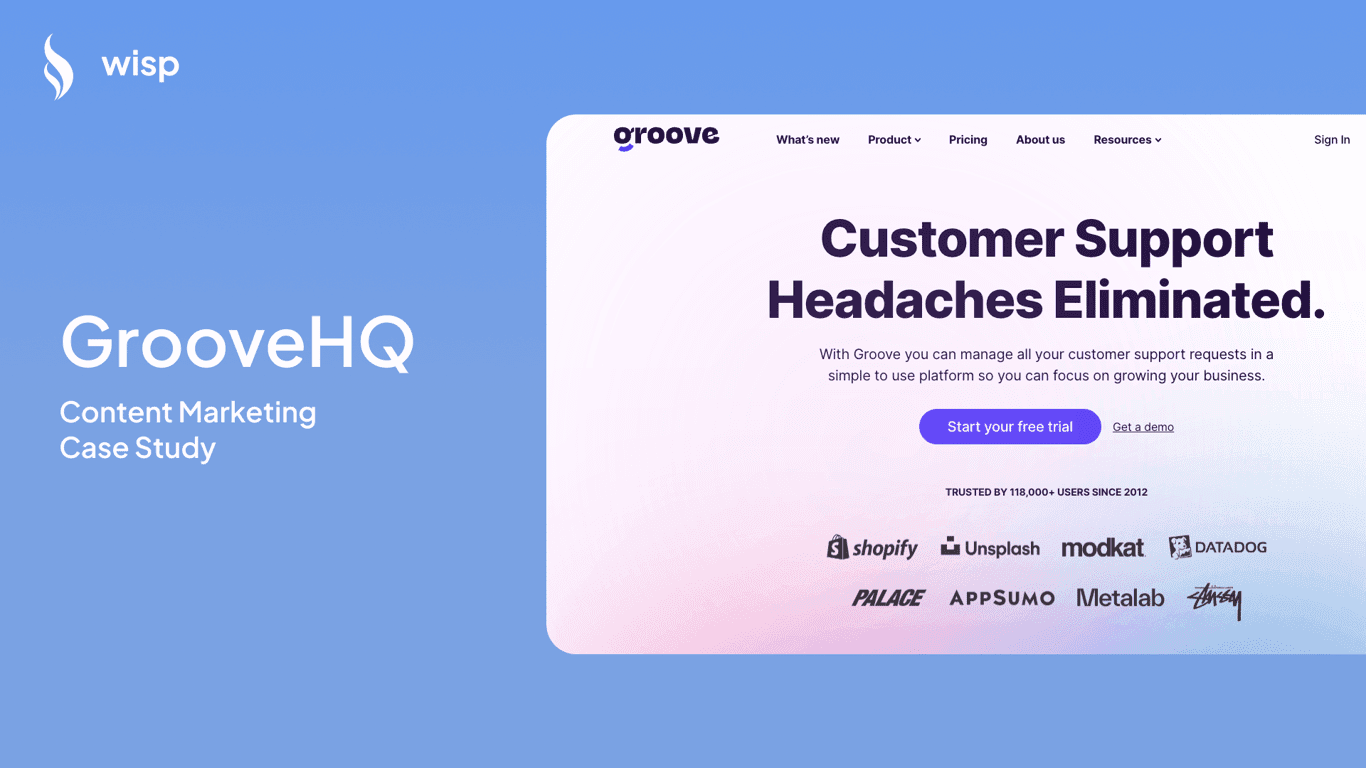
TLDR;
Proposify, a proposal software company, successfully leveraged content marketing to establish itself as a leader in the competitive proposal software market. Their strategy focused on providing comprehensive, actionable advice on proposal writing, sales techniques, and business growth strategies.
Core product: Proposal software for businesses
Audience: Sales teams, agencies, consultants
Buying persona: Sales, marketing and operation leaders
Key strategy: Data-driven insights, diverse content formats, thought leadership
Key Strategies
Proposify, led by CEO Kyle Racki, leveraged content marketing to carve out a niche in the competitive proposal software market. Their content strategy focused on providing comprehensive, actionable advice on proposal writing, sales techniques, and business growth strategies.
The company's blog became a go-to resource for sales professionals and agency owners looking to improve their proposal processes and win more deals. Racki and his team produced in-depth articles, guides, and templates that addressed common pain points in the proposal creation and management process.
Example:
How to Guides: How to Add an E-Signature to Google Docs for Free [3 Ways]
In-depth Article: 8 Long Sales Cycle Causes and How to Overcome Them
One of the key elements of Proposify's content strategy was its focus on data-driven insights. The company regularly conducted and published research on proposal trends, analyzing thousands of proposals to provide unique insights on what makes a successful proposal. These studies not only provided valuable information to their audience but also positioned Proposify as an authority in the proposal space.
Proposify also created a variety of content formats to cater to different learning preferences. This included blog posts, eBooks, webinars, and even a podcast called "Agencies Drinking Beer," which featured conversations with agency owners about their business challenges and successes.
The company's content wasn't just about proposal writing; it expanded to cover broader topics relevant to their target audience, such as agency management, pricing strategies, and client relationships. This approach helped Proposify attract a wider audience and establish itself as a valuable resource for business growth, not just a software provider.
Racki himself became a thought leader in the space, regularly contributing guest posts to industry publications and speaking at conferences. This personal branding effort further enhanced Proposify's visibility and credibility in the market.
The content strategy also played a crucial role in Proposify's lead generation efforts. By gating some of their premium content, such as proposal templates and in-depth guides, they were able to capture leads and nurture them through their sales funnel.
Proposify's content-driven approach not only helped them compete against larger, more established players in the market but also opened doors to partnerships with complementary software providers and integrations that expanded their product's capabilities.
By consistently providing high-quality, actionable content, Proposify was able to build trust with its target audience, establish thought leadership in the proposal software niche, and drive sustainable growth in a competitive market.
Top Performing Content
Title | Est. Monthly Visits (US Only) |
|---|---|
7.8k | |
6.4k | |
2.9k | |
2.4k | |
2.2k | |
2.2k | |
1.4k | |
1.4k | |
Proposal Writing Examples to Help You Win Your Contracts in 2022 | 1k |
1k |
Key Takeaways
Providing comprehensive, actionable content establishes authority and builds trust with the target audience.
Data-driven insights and original research can differentiate a company in a competitive market.
Diversifying content formats helps cater to different learning preferences and expands reach.
Expanding topic coverage beyond the core product can attract a wider audience and position the company as a valuable resource for overall business growth.
Thought leadership efforts by key executives can significantly enhance a company's visibility and credibility.
Gating premium content can be an effective lead generation strategy.
Consistently providing high-quality, actionable content can help smaller companies compete effectively against larger, more established players in the market.


